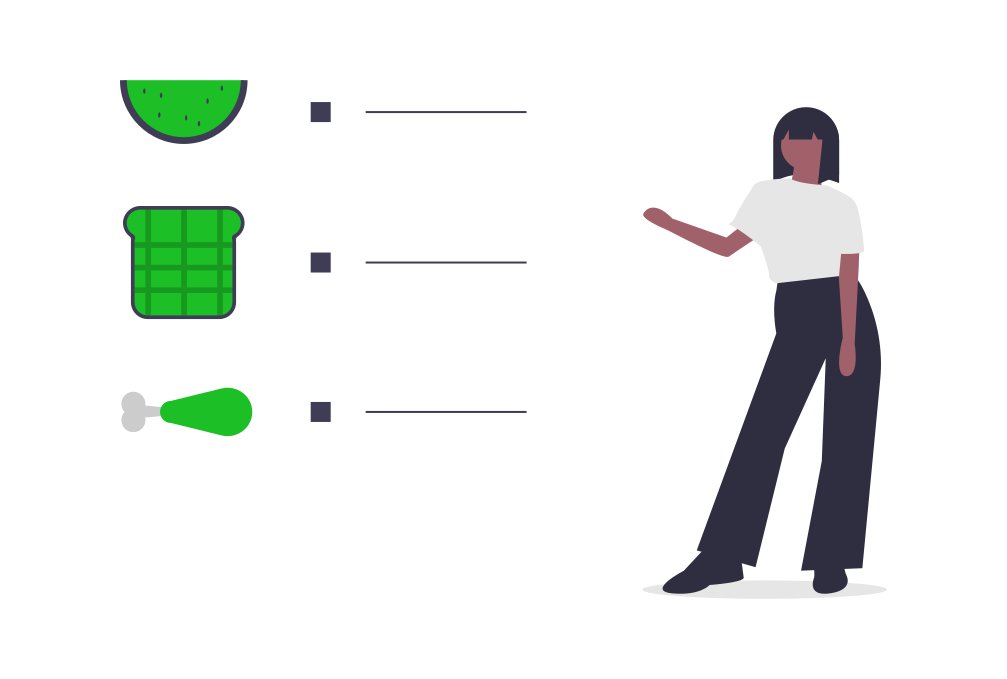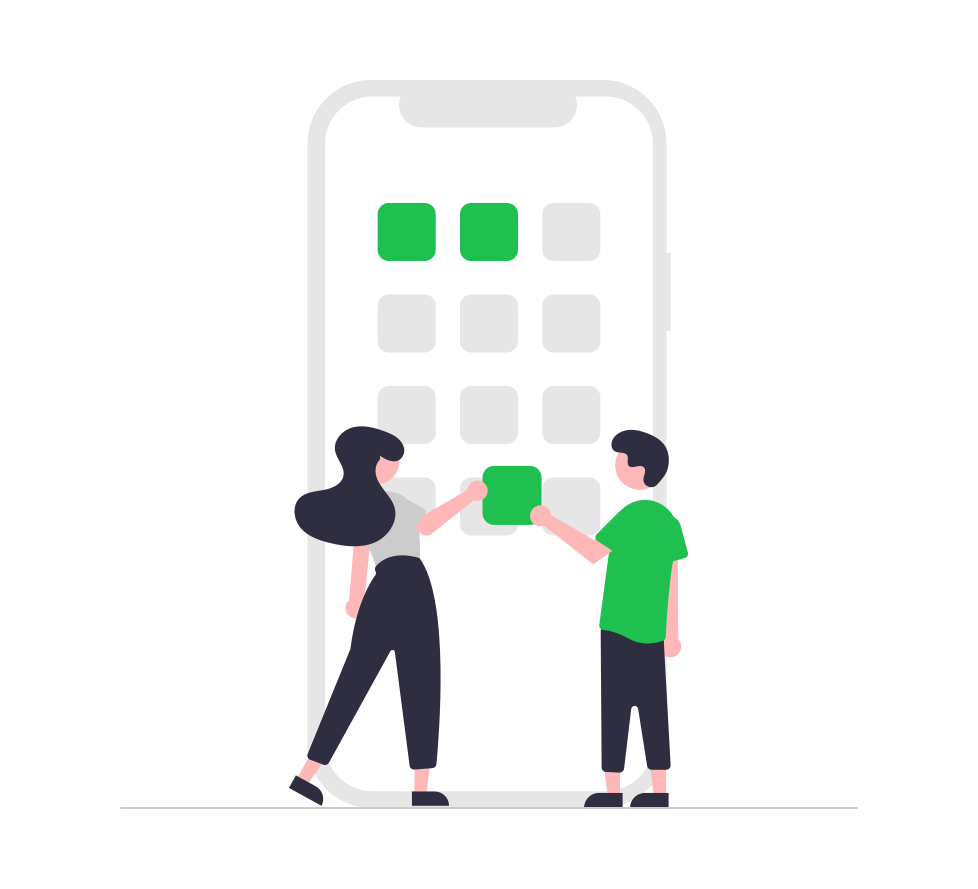It’s very common for people not to prioritise hobbies and downtime. With working or studying full time it’s difficult to set aside time for ourselves to relax and indulge in activities we enjoy.
Having a hobby is a great way to spend your spare time and unwind from your daily routine. Hobbies can range from learning an instrument, playing a sport, reading, photography or something artistic.
By setting time aside for hobbies you can help improve your mental health and wellbeing. Research shows that people with hobbies are less likely to suffer from low moods, stress and depression.

What is a Hobby?
A hobby can be any activity that you do regularly for your own enjoyment. Whether this is something creative, athletic or academic, what matters is that it’s meaningful to you.
When you dedicate time to voluntarily engage in pleasurable activities, your mental health can benefit.
Read now: The Valuable Mental Health Benefits of Cold Water Swimming
Mental Health Benefits of Hobbies:
Reduce Stress
Hobbies are a perfect way to distract yourself after a busy day. They provide the opportunity to focus on yourself and release any stress built up from your day.
Spending time on a hobby can be as simple as finding the time to listen to music. Whatever activity you choose will help manage your stress levels. So, take some time out of your busy day to start painting, or go outside and walk in nature.
Creativity Boosts Wellbeing
Partaking in creative activities such as song-writing, knitting, art and musical performance have all been shown to increase positive moods. By pursuing creative hobbies you’ll see an improvement in your mental wellbeing.
Creative activities also allow you to expand neural connections in your brain, which has been linked to the release of the feel good hormone dopamine. Spending as little as two hours per week on an activity you enjoy can help you live a more positive life.
Form Connections With Others
Hobbies that include other people, such as team sports, offer great opportunities to foster social connections and friendships. Having a healthy social life can have a highly positive impact on your mental health.
Shared experience through hobbies can also enhance your enjoyment of the activity and help you feel less isolated. So, if you’re looking for a new hobby, try something interactive team sport or even joining a band.
Read now: Intentional Living: How Can it Benefit You?

Tips to Make Time for Hobbies
A common issue when it comes to investing in hobbies is time. When it comes to how our lives are typically structured, work tends to come before play.
Although many of us feel like there isn’t enough time in the day for hobbies, there are a few changes you can make to help free up some time for the things you love:
- Regularly participating in a hobby doesn’t mean you have you do it daily, a weekly activity will be a lot easier to fit into your schedule. Just an hour or two a week is a great addition to your lifestyle. If you feel you still don’t have the time try saying no more often and putting a hobby higher up on your list of priorities.
- It’s easy to lose a lot of valuable time in your day by doing mindless things like scrolling on social media or watching TV. Be conscious of how you’re spending your free time and try to make sure you’re using it wisely.
- If you’re finding it difficult to find extra free time, try taking more micro-breaks during the workday. This will help you find the time to do things you enjoy while also increasing your overall productivity. You could use these short breaks to go for a walk outside, listen to your favourite podcast or read a few chapters of a book.
Read now: Surprising Benefits of Exercise: Confidence and Creativity
Having a hobby can greatly improve your life. Do some research and find a few activities that interest you and simply try them out. There’s no pressure to stick to anything you don’t enjoy but eventually, you’ll find a hobby that’s suited to you.
For further advice on lifestyle changes you can make to benefit your mental health, contact our experts at Ceed here.


























